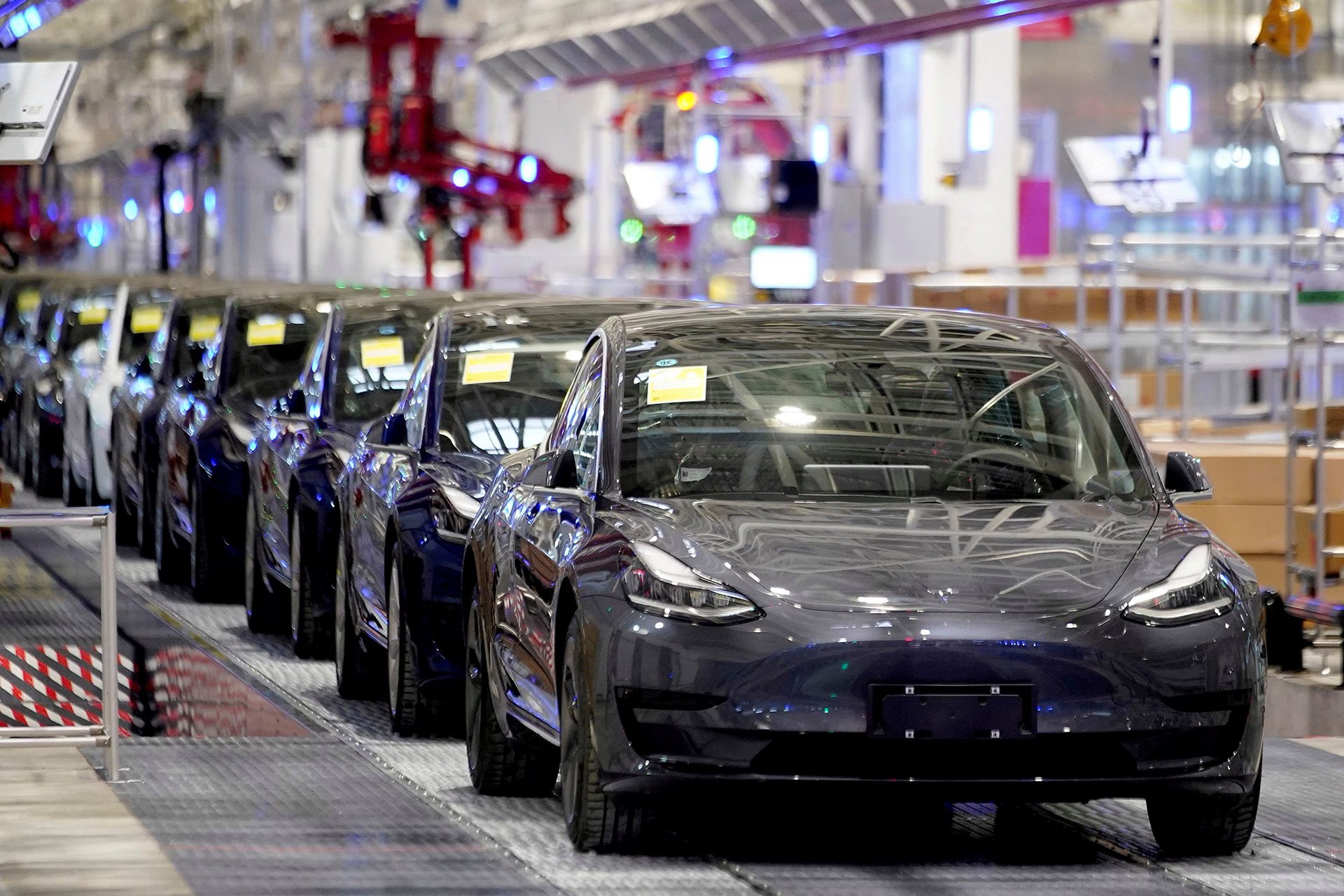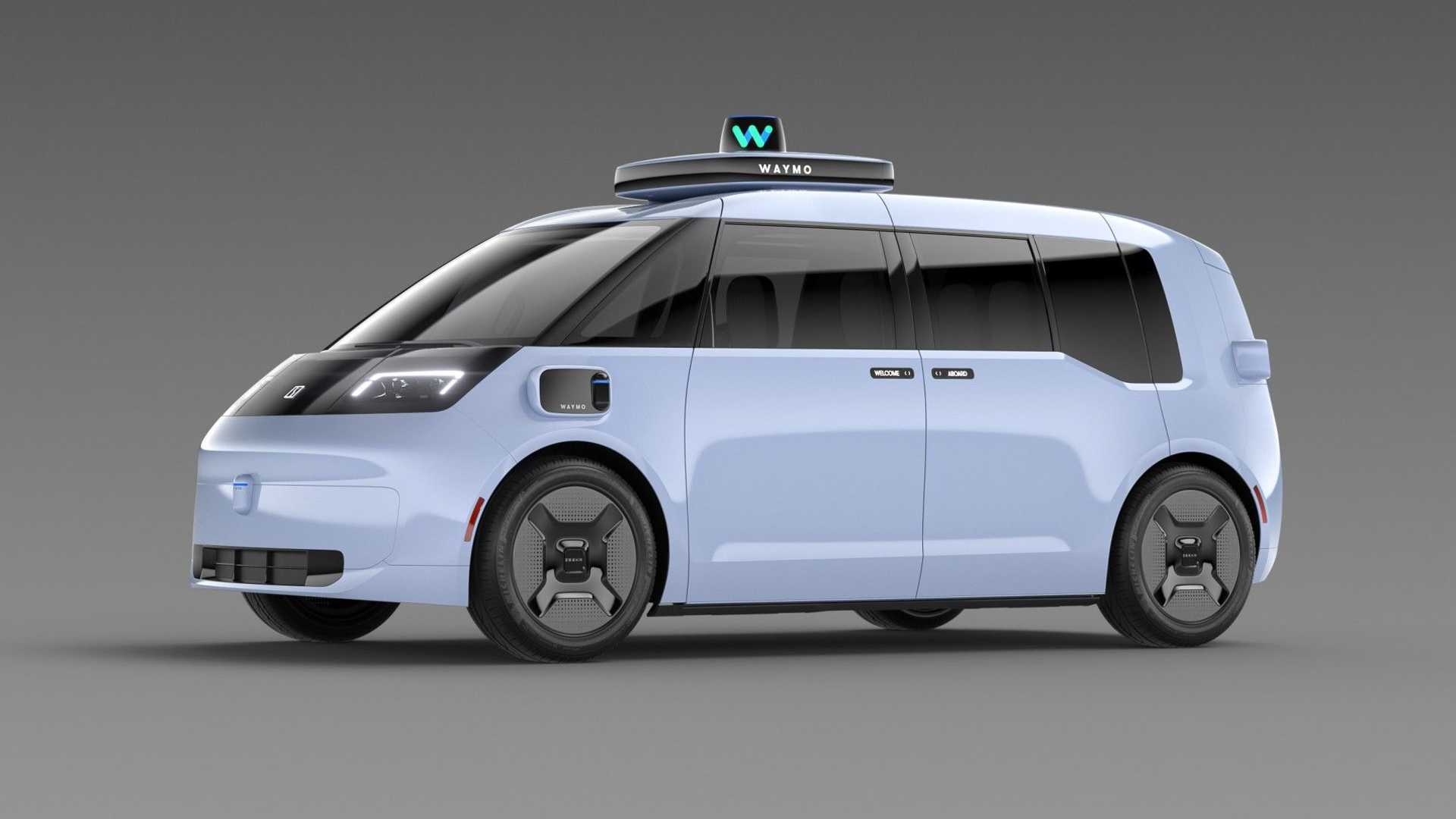A ban on connected cars, announced recently by the Biden administration, applies primarily to Chinese vehicles. And it extends to the sale of any such vehicles that are produced in the US.

The rules, issued by the US Department of Commerce, also apply to the sale or import of any connected vehicle software or hardware systems originating from China or Russia.
The US says the move is to protect the country from national security risks posed by Chinese and Russian connected car supply chains.
China’s Ministry of Foreign Affairs hit back, stating that it “violates the principles of market economy and fair competition.
“China urges the US to stop its unreasonable suppression of Chinese companies. China will take necessary measures to safeguard its legitimate rights and interests”, they added.

It gives the US two years to extricate its entire automotive connected supply chain from China. That includes Wi-Fi, Bluetooth, and cellular and satellite components. Ford, General Motors, and Tesla all have important production facilities in China.
This will impact numerous models from US- and German-owned companies that are currently built in China and sold in the US. It will also affect products from Volvo, Polestar, and Smart.
And importantly, it limits Chinese brands from building their cars in the US to avoid the 100 per cent tariffs currently levied on Chinese electric cars. It effectively means any Chinese brand will be prevented from sale in the US, even if made in America.
China hasn’t yet responded with any action of its own.

Zeekr, who last week showcased its RT Waymo robotaxi, may be sidelined by this move.
The ban on sales and imports of connected passenger cars may also be extended to vehicles over 4.5 tonnes.


